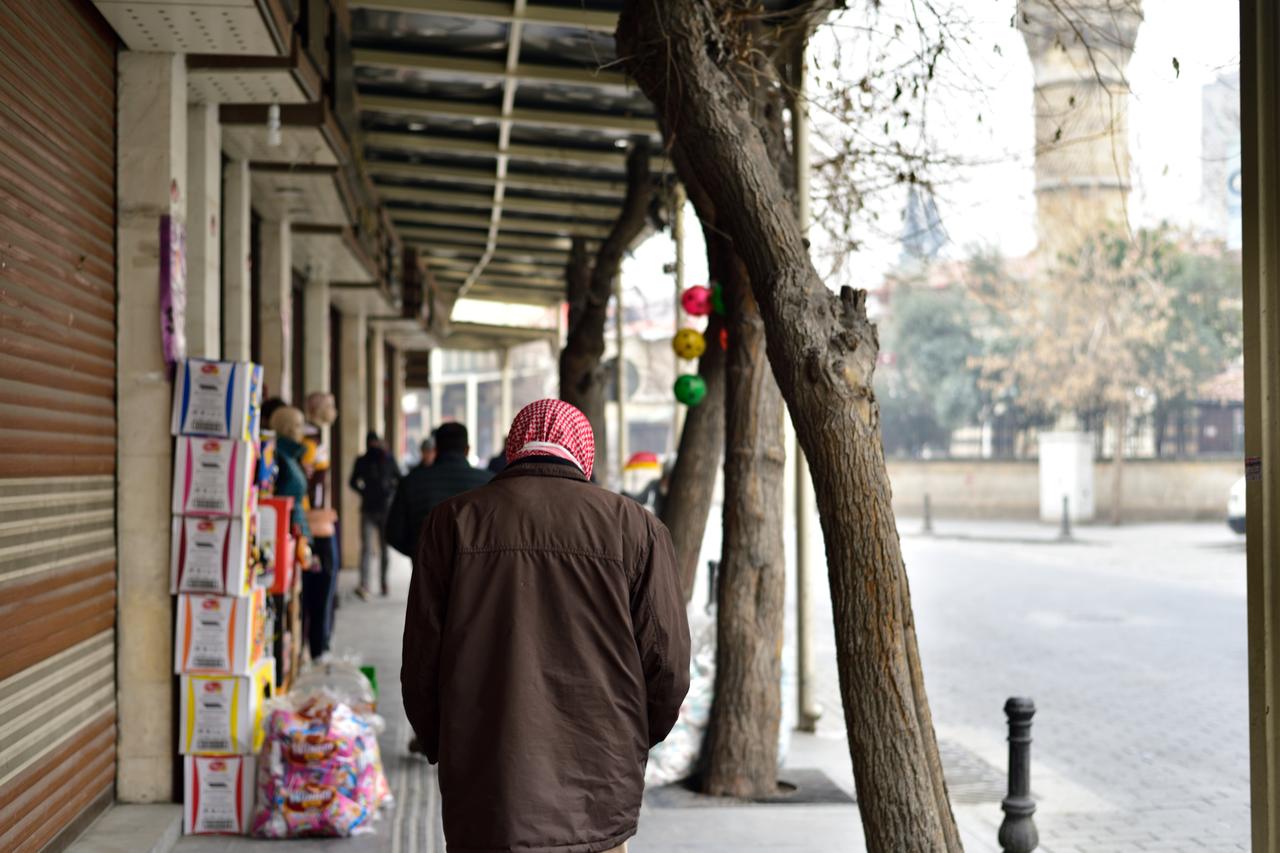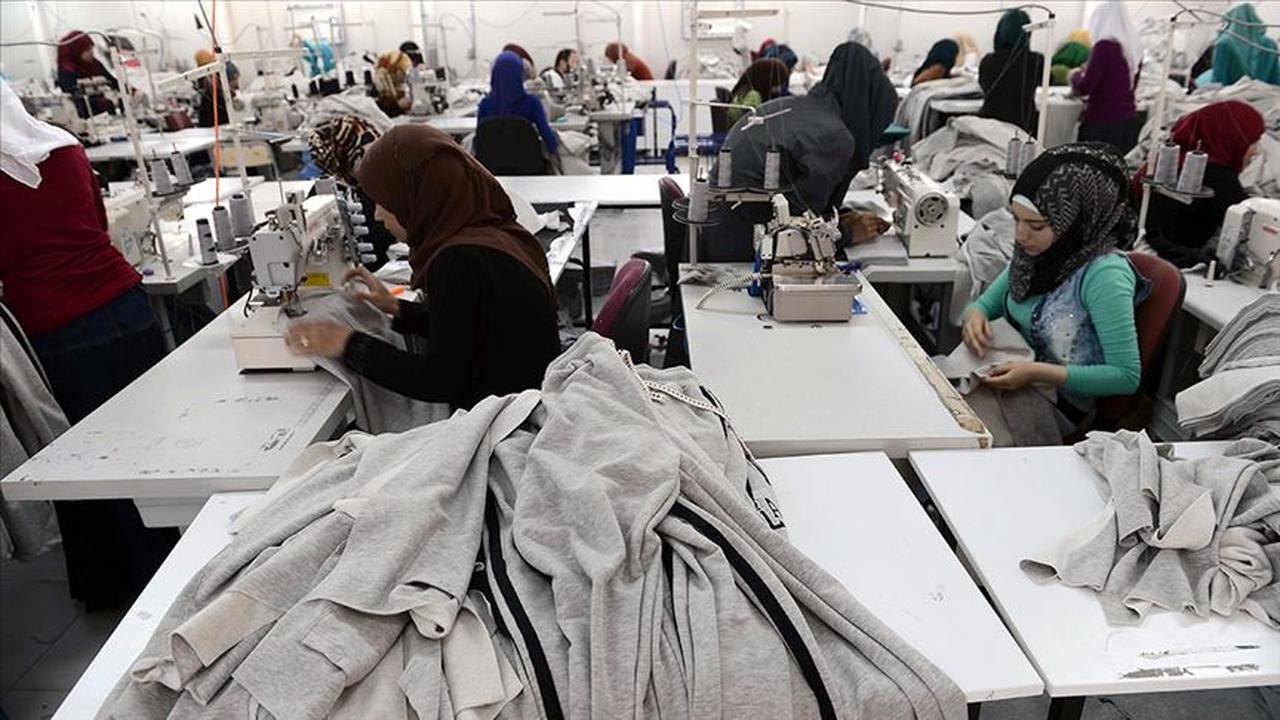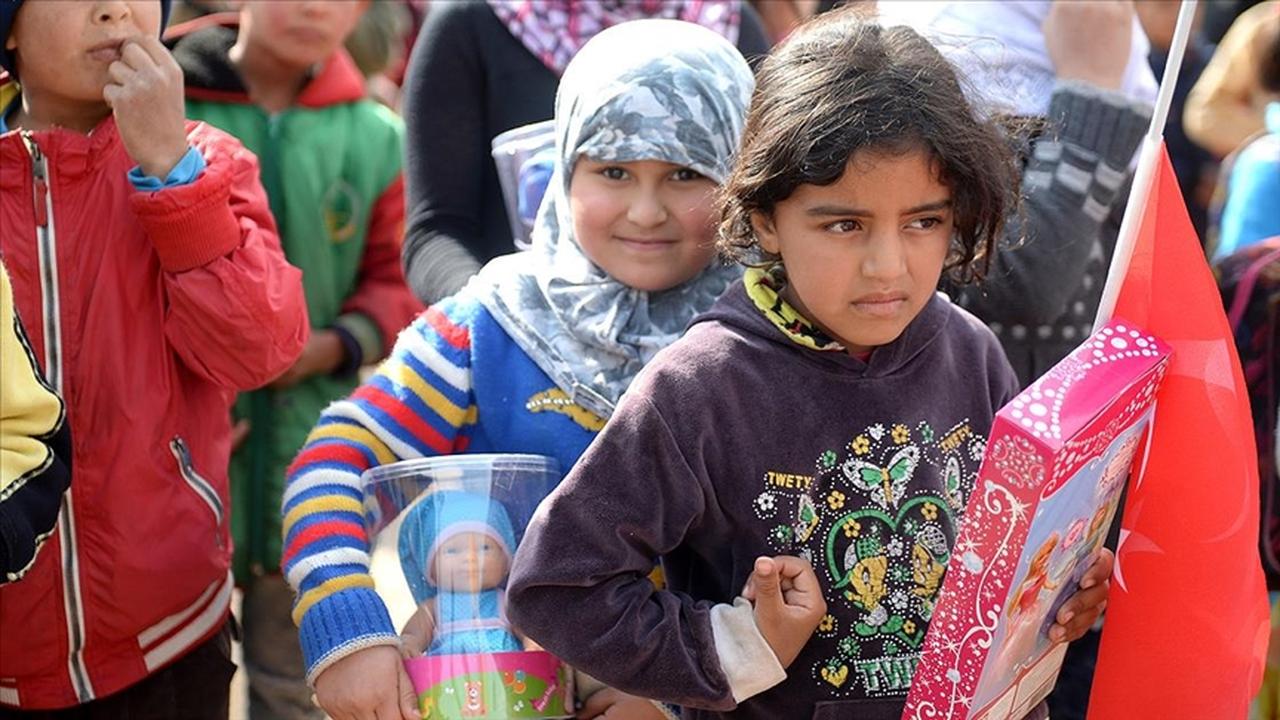
In the heart of Türkiye, amid vibrant cityscapes and bustling streets, a quiet struggle unfolds daily, largely unnoticed.
For millions of Syrian and Afghan migrants, Türkiye is not just a stopover or refuge; it is a battleground of survival, resilience and identity. While political debates rage on and refugee policies tighten, the lived experiences of these migrants remain overshadowed, often stereotyped and politically weaponized.
At a glance, the markets of Istanbul or the construction sites of Ankara may seem to run seamlessly. But behind the scenes, many of these operations are held together by the invisible hands of refugees, working without contracts, without protections, and often, without dignity.
These migrants are not passive beneficiaries of aid; they are active, though often exploited, contributors to the Turkish economy and society. Yet, their contributions rarely make headlines.
Migrants have taken root within the very realm of an economy as construction workers in Atasehir, caretakers in elderly homes in Eskisehir, and textile workers in factories in Gaziantep. But the case remains unidentified.
A father of four, Sayed Jamal, told TRT World, “I came here seven years ago with my family; I hoped to take them to Europe. I saved money for years in order to make this happen. However, after hearing about the difficulties that migrants face, I decided against it. It was too risky. I stayed here and sent my family back to Afghanistan.”
His is by no means an unusual story. Low wage rates but long working hours are common among migrants, thus strengthening the economies of the places where they are found without receiving the same protection under labor laws or other such social forces.
Whereas the headline in the news industry is loaded with issues of security threats or population stresses, the human element of displacement remains conspicuously absent. They are also scapegoated instead of being recognized, most notably in periods of economic crisis or when elections are approaching.

A common myth perpetuated in public discourse is that refugees are given “everything for free.” In reality, most receive minimal support. While temporary protection allows Syrians limited access to education and health care, these systems are overstretched, and documentation barriers often exclude them.
Afghan migrants, many of whom are undocumented, face even harsher conditions, deportation risks, no schooling for their children and exploitative landlords charging double the rent.
Included in the worst hit are migrant children. Despite providing access to the system of the public education system, a significant part of Syrian or Afghan children cannot integrate, as they face language and social exclusion and frequent changes of the place of residence.
UNICEF reported that nearly 400,000 Syrian children have not attended school yet in 2024. A good number of the teenagers are brought out of school early to assist their families.
These experiences raise a bigger picture, which is that their dreams were inconspicuous in the national stories that were concerned more about regulation than rehabilitation.

Whereas the temporary protection system in Türkiye provides people from Syria with access to services, the situation of Afghans is considerably more mixed. Most of them are either undocumented or waiting for asylum status; thus, they are exposed to exploitation and the risk of deportation. The Human Rights Watch and the refugee rights nongovernmental organizations (NGOs) have been decrying the hypocritical treatment of the non-Syrian migrants under different forms of laws.
In the meantime, the integration process is not coherent. There are social services that are given; however, unless there is adequate assistance through language and acceptance locally, the access is minimal. Some projects, such as job placement as well as skills training, are reported to be successful in such cities as Bursa or Konya. Nevertheless, in general, lots of migrants are isolated, and they can survive with personal networks.
It is time the discourse on migrants should be taken out of their quantitative process and catchphrases. Taking into consideration the strong cultural connections to the concept of hospitality and the compassion focus of the Islamic faith, Türkiye has a chance to challenge the understanding of integration as a rather one-sided engagement.
Instead of pushing for mass deportation or stricter policies, more sustainable solutions could include:
Some cities have already begun. In Izmir, the local NGOs and the authorities introduced bilingual women's cooperatives providing food and textile courses starting in the city, which will help to promote economic resiliency along with the influence of communication.
As Türkiye is on the verge of a political and social rethink in 2025, it is of acute necessity to have a more humanistic story. And the migrants are not numbers in statistics or photos on the news programs; they are people with dreams, with PTSD, and with prospects. The stories that they are connected with are not the stories of suffering but of survival, protest and help.
Society must recognize that coexistence is not a luxury; it’s a necessity. Policies must evolve from temporary protection to inclusive integration. The media must shift from dehumanization to dignity.
Most importantly, citizens must remember that behind every Afghan boy delivering food and every Syrian man fixing construction, there is a story, a struggle, and an unacknowledged strength.